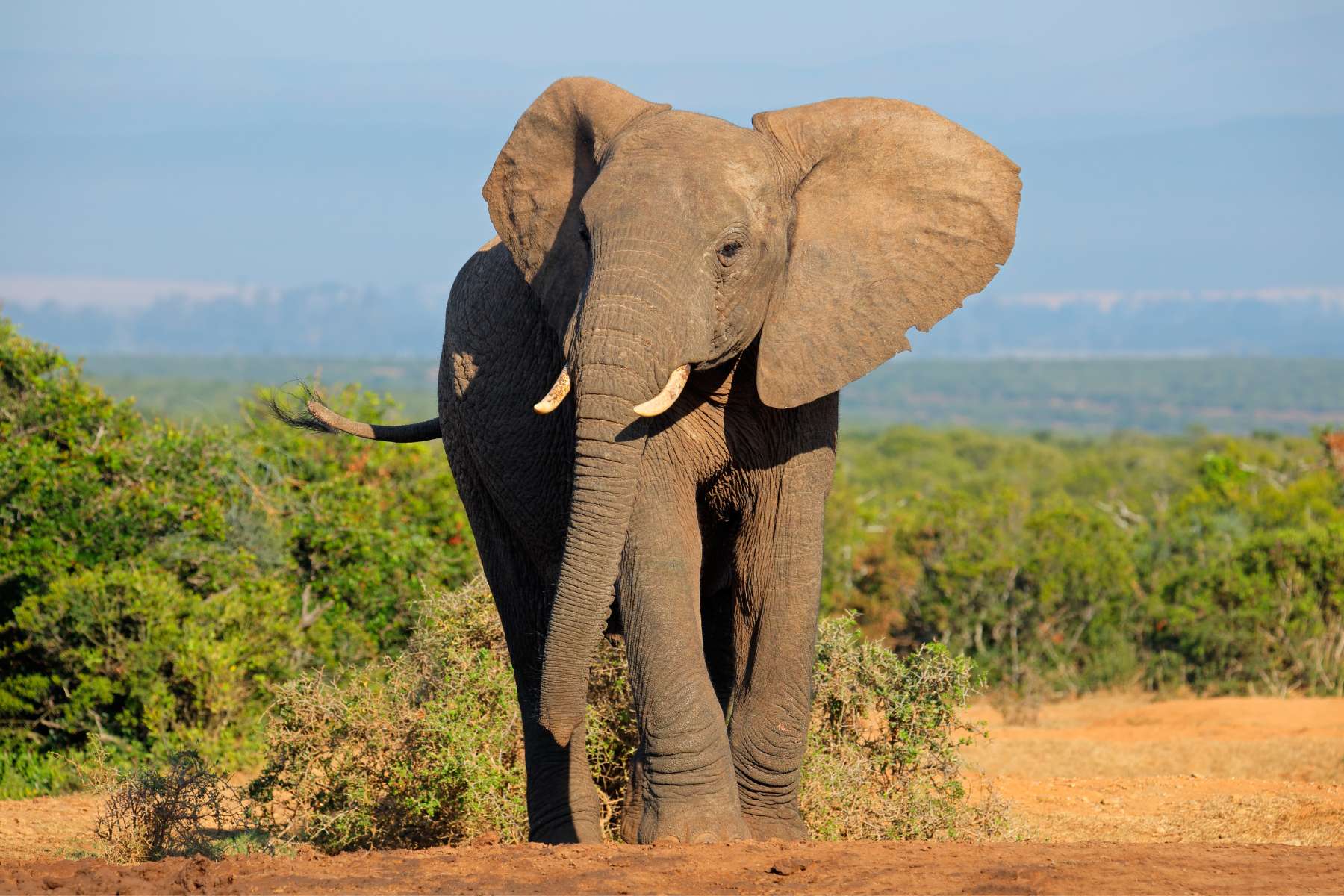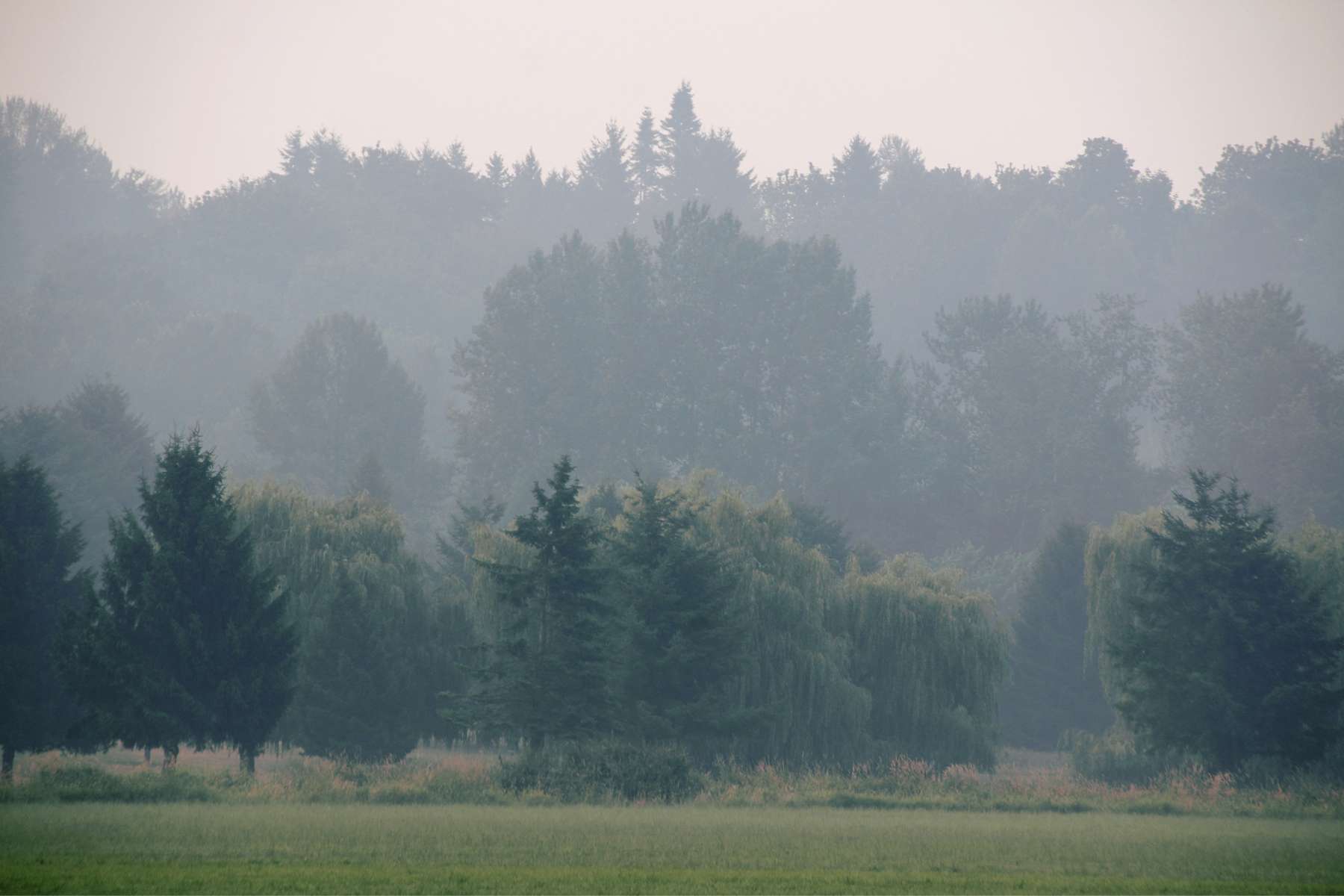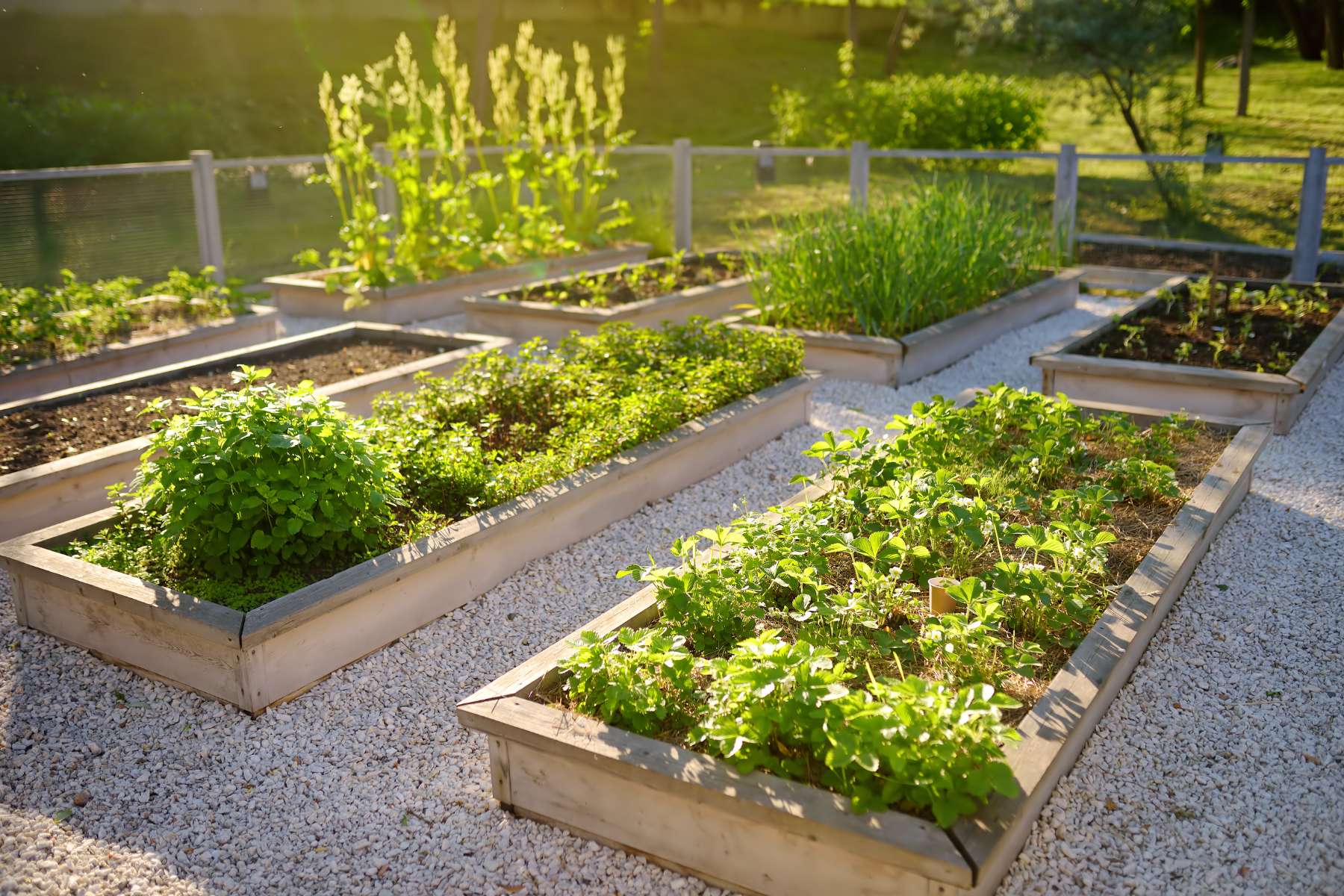
Get news, updates, & event Info delivered right to your inbox:
6 Positive Environmental News Stories from April that Will Make You Smile
With the longer, sunnier days, you might have felt a spring in your step this month — and you know what that means! Nature is emerging from its winter dormancy, and spring has officially arrived!
As we bask in the beauty of spring, we’re highlighting a few recently published environmental stories that will surely put a smile on your face! Hopefully, these stories remind you that you can almost always find a bright spot if you look for it.

1. We Celebrated Earth Month 2024!
With the arrival of spring, Earth Month follows closely behind! Earth Month is a time to celebrate all that nature does for us — and take action to protect it. From raising awareness of environmental issues to promoting actions that protect the planet, individuals, organizations, and communities can work together to secure a greener future.
One Tree Planted celebrated Earth Month this year by — you guessed it — planting trees! Every tree we planted this Earth Month tells a story of hope that will last for generations.

2. New U.S. Limits Provides More Clean Drinking Water
Clean drinking water is a human right. In an effort to ensure its citizens are afforded this right, the US has introduced a new limit on toxic “forever chemicals” in drinking water across the nation.
Known as forever chemicals, PFAS are persistent in the environment, lasting for thousands of years. They were invented in the 1930s to repel oil and resist heat and are commonly used in nonstick cookware, firefighting foam, and moisture and stain-resistant clothing. The new limit on these chemicals will help provide cleaner drinking water, reducing PFA exposure for approximately 100 million people.

3. Baby Sumatran Elephant Highlights Conversation Progress
Conservation efforts around the world are helping endangered species by protecting nature now and in the future. The recent birth of a Sumatran elephantcalf at Way Kambas National Park in Indonesia marks important progress in conserving this critically endangered species.
Sumatran elephants are considered to be on the brink of extinction, and the global population is estimated to be between 2,400 and 2,800 today. Way Kambas National Park in Indonesia is working hard to ensure these majestic animals can continue to exist.

4. Plants Improve Air Quality: Here’s Why!
Like trees, plants offer many benefits to the environment and people alike! Not only do they help provide a peaceful and beautiful environment, but they also help improve air quality, modulate temperatures, and provide shade.
Around the world, well-chosen and well-placed plants are being planted in urban environments to develop vegetation barriers — an important element of green infrastructure. In a world where 68% of the world’s population – more than 6.5 billion people – will live in urban areas by 2050, this has powerful implications.

5. Sierra Leone Cacao Project Improves Community Livelihoods
In West Africa, the Gola rainforest is a biodiversity hotspot –– home to more than 400 species of wildlife, including endemic and threatened species. Through the years, this rainforest has been subjected to logging, mining, and even poaching, driving high rates of deforestation and habitat loss.
This has prompted a volunteer program to grow shade-grown cacao plantations that provide wildlife sanctuary and generate income for many cacao farmers. This program has helped wildlife and communities alike, and studies have shown that it has helped slow deforestation across this rainforest.

6. The Importance of Native Plants for Gardens
On April 14, National Gardening Day was celebrated, encouraging people to get outside and plant. Gardening is a great form of exercise and has also been linked to vitamin D and serotonin increases.
This holiday also highlights the importance of including native plants in gardens across the country. Native plants, which occur naturally in a given region, provide the surrounding ecosystem with many benefits. And because they occur naturally in a specific region, these plants adapt more easily to local conditions and require less water than non-native plants. They can also provide familiar habitats for local species.
This spring, find some native plants in your area and start planting the garden of your dreams!
We hope you enjoyed reading April’s good news stories as much as we enjoyed featuring them! Remember, there is good in the world if you know where to look for it. And if you want to create your own good news, you can positively impact the environment by planting trees where they are needed the most!
